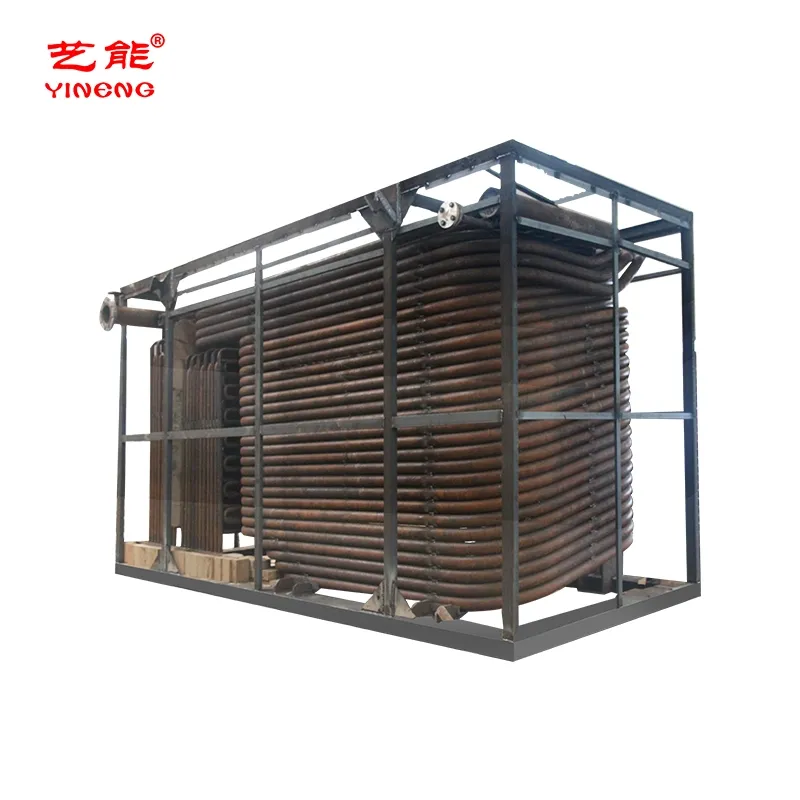Exploring the Efficiency and Environmental Impact of Coal-Fired Boiler Technology in Energy Production
The Role of Coal-Fired Boilers in Energy Production
Coal-fired boilers have long been a cornerstone of energy production around the world, serving as a primary source for electricity generation and industrial steam. Despite the global shift towards renewable energy sources and increasing environmental concerns, coal-fired systems continue to play a significant role in many countries, particularly where coal reserves are abundant.
A coal-fired boiler operates on a straightforward principle coal is burned to generate heat, which then converts water into steam. This steam drives turbines, producing electricity that is vital for residential, commercial, and industrial needs. The efficiency of these boilers has improved significantly over the decades, with modern designs incorporating advanced emissions control technologies that aim to mitigate the environmental impact associated with burning fossil fuels.
The Role of Coal-Fired Boilers in Energy Production
However, coal-fired boilers are not without their challenges. The combustion of coal emits significant amounts of carbon dioxide (CO2), a greenhouse gas that contributes to climate change. In addition to CO2, coal combustion releases other pollutants, including sulfur dioxide (SO2), nitrogen oxides (NOx), and particulate matter, all of which have detrimental effects on air quality and public health. As a result, many countries have implemented stricter regulations on emissions from coal-fired power plants, encouraging the transition towards cleaner energy sources.
coal fired boiler

In response to these environmental challenges, there has been a growing trend towards upgrading existing coal-fired boilers with carbon capture and storage (CCS) technologies. CCS allows for the capture of up to 90% of CO2 emissions, which can then be stored underground or used in various industrial processes. While these technologies are still in development and can be expensive, they offer a potential pathway for coal-fired plants to operate more sustainably in the future.
The debate surrounding coal-fired boilers often centers on the balance between economic benefits and environmental responsibility. Supporters argue that coal remains a critical part of the energy mix, particularly for emerging economies seeking reliable and affordable energy sources. Detractors point to the urgent need to decarbonize the energy sector to combat climate change effectively.
Many nations are now investing heavily in renewable energy sources such as solar, wind, and hydro, leading to a gradual decline in coal usage. Countries like Germany and the UK have ambitious targets to phase out coal power entirely. Yet, in some parts of the world, particularly in developing nations, coal remains an essential component of energy strategy due to its affordability and accessibility.
In conclusion, coal-fired boilers have served as vital components of energy infrastructure for many years. While advancements in technology have improved efficiency and reduced emissions, the environmental impact of coal combustion cannot be overlooked. As the world moves towards a more sustainable energy future, it is critical to evaluate the role of coal in our energy systems and consider innovative solutions that can help mitigate its impact while providing reliable energy to meet global demands. The path forward will likely involve a mix of transitioning to renewable energy and improving existing coal technology to achieve a balanced and responsible energy strategy.
-
Electric Steam Boiler Manufacturers: Efficient Industrial SolutionsNewsAug.15,2025
-
Leading Electric Steam Boiler Manufacturers for IndustryNewsAug.14,2025
-
Buy Waste Heat Boilers: Custom, Efficient & Affordable SolutionsNewsAug.13,2025
-
Electric Steam Boiler Manufacturers | Industrial Power & EfficiencyNewsAug.12,2025
-
Electric Steam Boiler Manufacturers: Efficient & Reliable SolutionsNewsAug.11,2025
-
China Steam Boiler Price: Efficient Industrial Systems & BurnersNewsAug.10,2025

